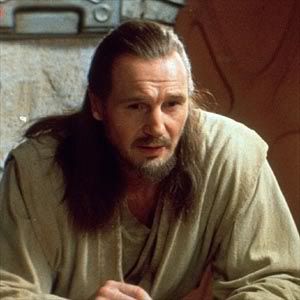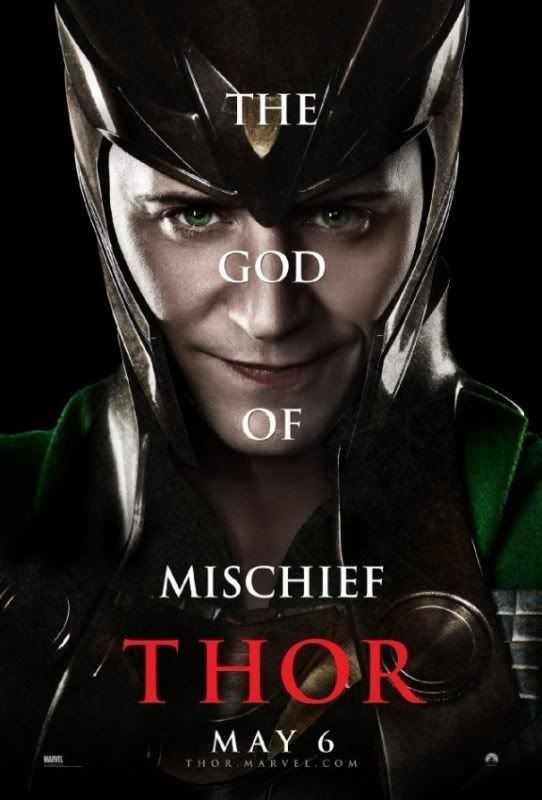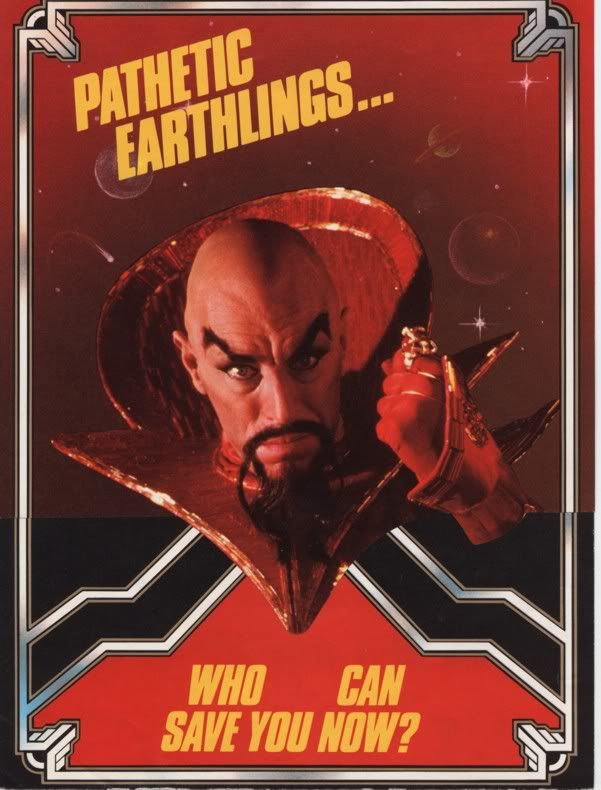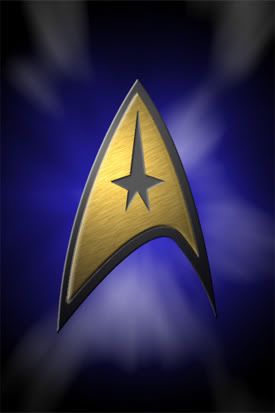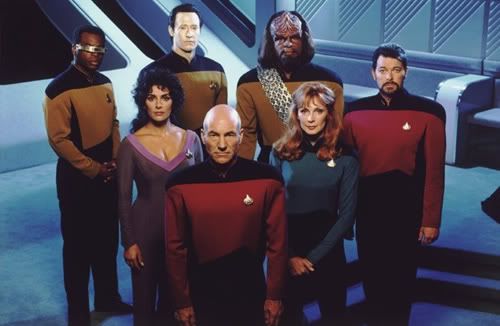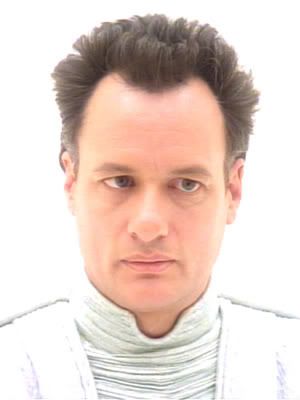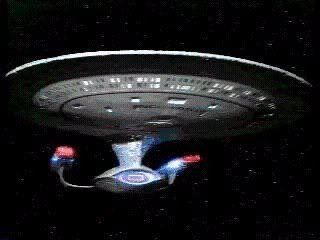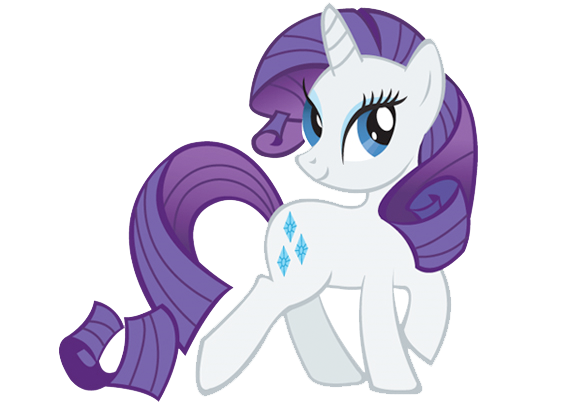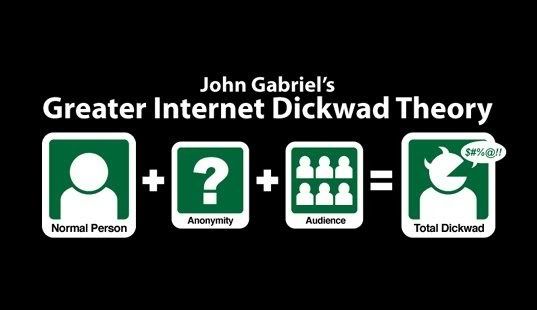
We live in a day and age where it can be scary to think for oneself.
This should not be the case. Today’s world is more connected and coherent than ever before. Some countries are still outside of certain loops, of course, and there are those individuals who simply refuse to participate in the new public consensus because they’d rather sit in their dark homes and reminisce about simpler times before everyone had Internet access and women so openly thought for themselves. This constantly evolving society continues to grow as more people share, confer, and disagree with one another.
It’s those disagreements, however, that can make things a bit scary.
Each individual has the right to maintain their own opinion. It’s a simple fact. And it’s also a fact that not everybody is going to share that opinion. When someone is in a position to transmit that opinion, it would be ludicrous to assume that all recipients of said transmission are going to agree. The mature thing to do is accept or discuss those disagreements and, at the very least, part ways with the understanding that individuals differ. And yet, this is how wars get started. This is how accusations are lobbed against skilled professionals. This is how young people feel so trapped and isolated that they’d rather take their own lives than face the people who disagree with them. We have the right to disagree with one another. Seeking to harm one another over a disagreement is another matter entirely.
It seems to me that there’s a lot of this going around. It’s becoming unfortunately rare for the response to a stated interpretation of a fact or a broadcasted opinion to simply be: “I disagree, and here’s why.” More often that not it’s accompanied with some form of dismissal or derision. “This person’s getting paid to say the product is better than it is.” “They’re being overly sensitive feminazis over something that is actually empowering to women.” “These people are going to burn in Hell for not believing the universe was created over 144 hours.” “Little Jimmy has simply been brainwashed by the liberal media and it’s our job as his community to pray, shout, and beat the gay away.”
Each of these stances, and those like them, are knee-jerk, immature, misguided, and ultimately destructive. They’re all born from fears. Resorting to accusations of bribery, dismissal of progress, condemnation, shaming, and violence is clear indication that the opinion being promoted in this way is too weak to stand on its own. Subjective viewpoints and individual experiences do not constitute irrefutable evidence. Resorting to the aforementioned weapons of the ignorant is, unfortunately, easier than forming one’s own opinion based on the evidence that does exist, even if does at the very least make you sound like an entitled or bigoted moron.
Yet these moronic voices are so loud, so prevalent, and so forceful as to make the venturing of an opinion frightening for some. Professionals do their utmost to maintain their opinions in the face of such stupidity, and God bless them for it. There is support out there for kids who feel bullied based on something they’ve said or the way they live. But it’s still pretty scary. You can ignore some of the stupidity up to a point, but there’s always the chance that insecure jerks looking for power and validation will flock to some focal point of negativity just to be part of this damaged culture, and rather than adding an individual viewpoint or piece of evidence to support the dissension, the newcomers just lob words at the target intended to harm, like “whore”, or “heathen”, or “faggot”.
It’s very difficult for me to get into the mindset of hating an individual. Yes, I can get upset at being cut off in traffic or someone out-performing me in a game, but these things pass. I can’t even say I hate the individuals to whom I’m referring that participate in this stupid and damaging behavior. I hate the behavior itself. I hate the culture that looks down on intellectualism and enlightened opinions. I hate the fact that I continually see professionals I respect dealing with or suffering because of this behavior. I hate the fact that children kill themselves because they get bullied. I hate the fact that people in the 21st century don’t realize the world has changed and some ideas just need to be left in the past.
I am an individual. I believe what I choose to believe. You have no obligation to believe the same things I do. And if you don’t, that’s cool. You don’t have to like everything I like. You can adore something I despise. It’s part of what makes the world a beautiful and interesting place in which to live. We all deserve to be treated like human beings, and if you treat me like one I promise I’ll do the same for you.
Just stop abusing your opinion. You are ultimately not helping your case. And, in the end, it makes you look really fucking dumb.

